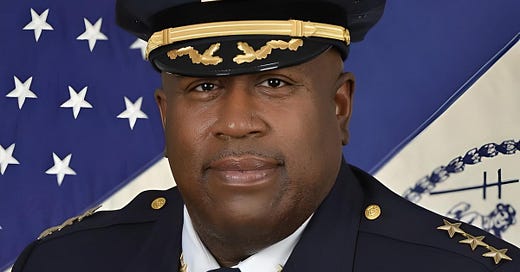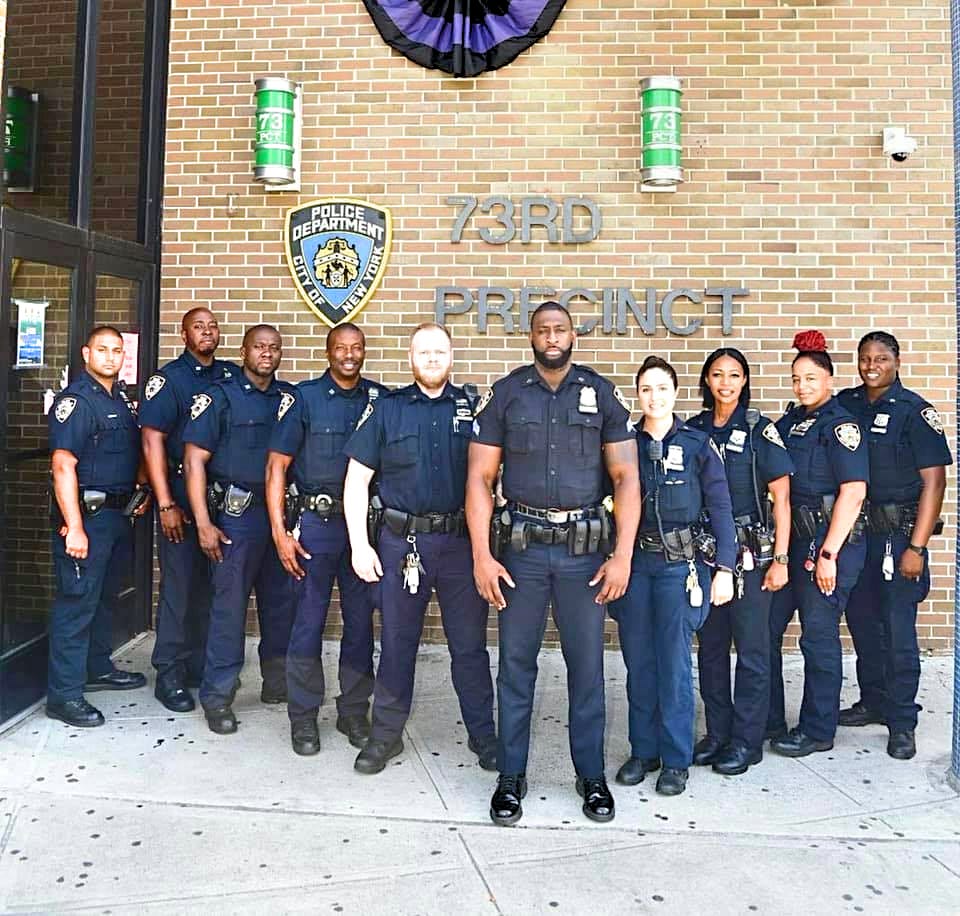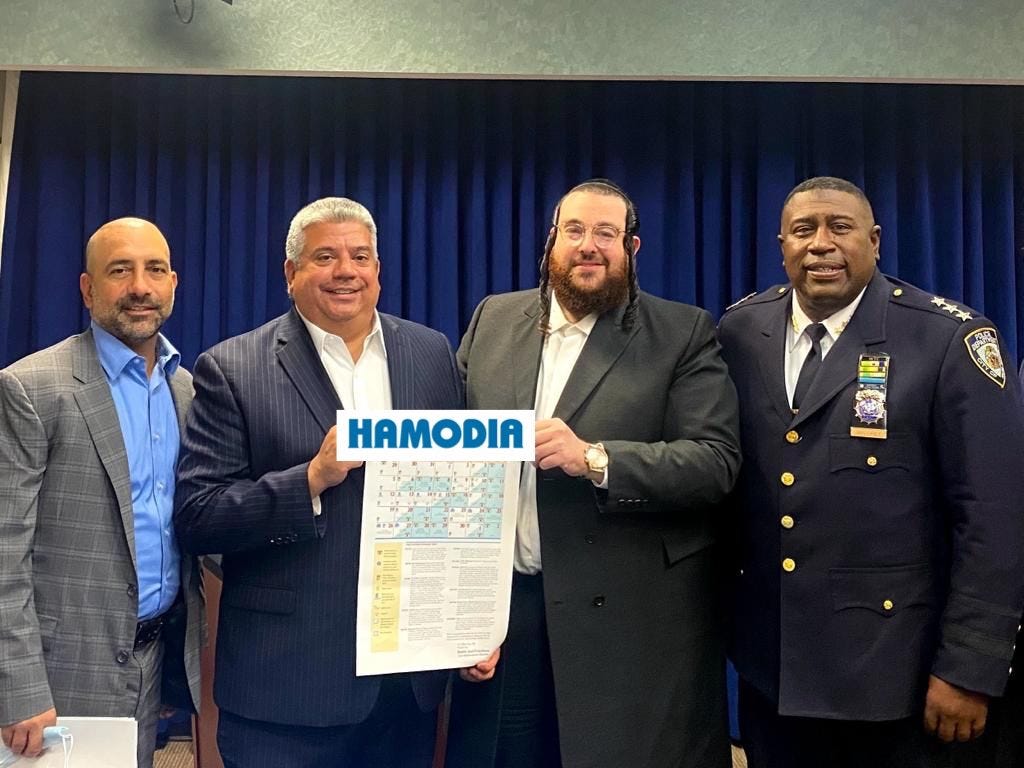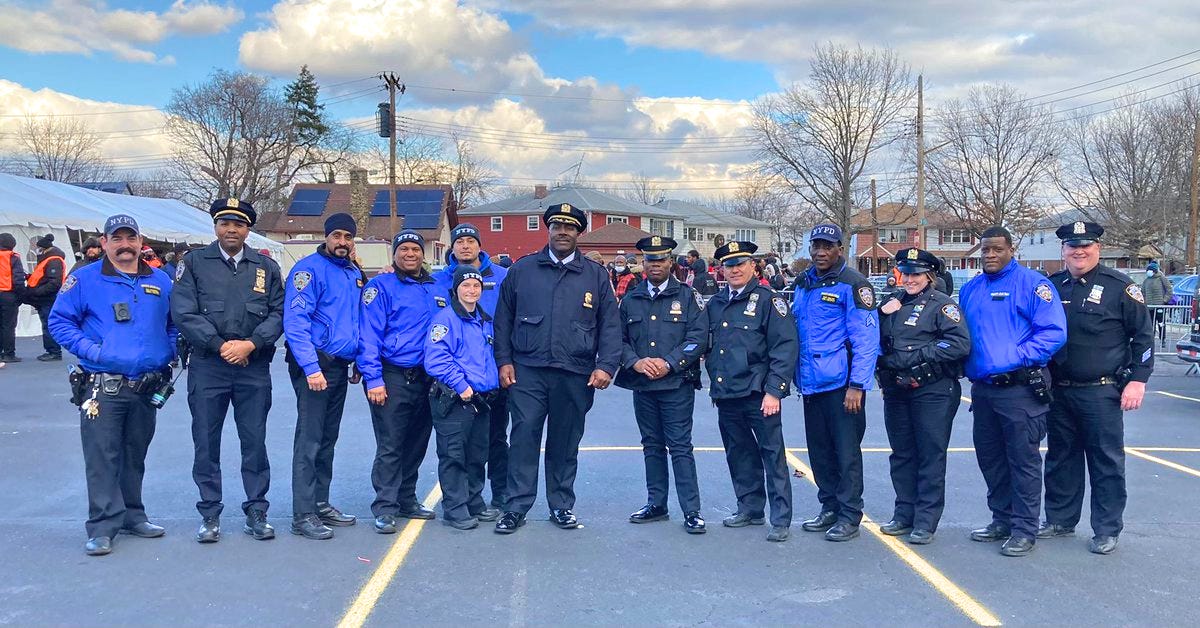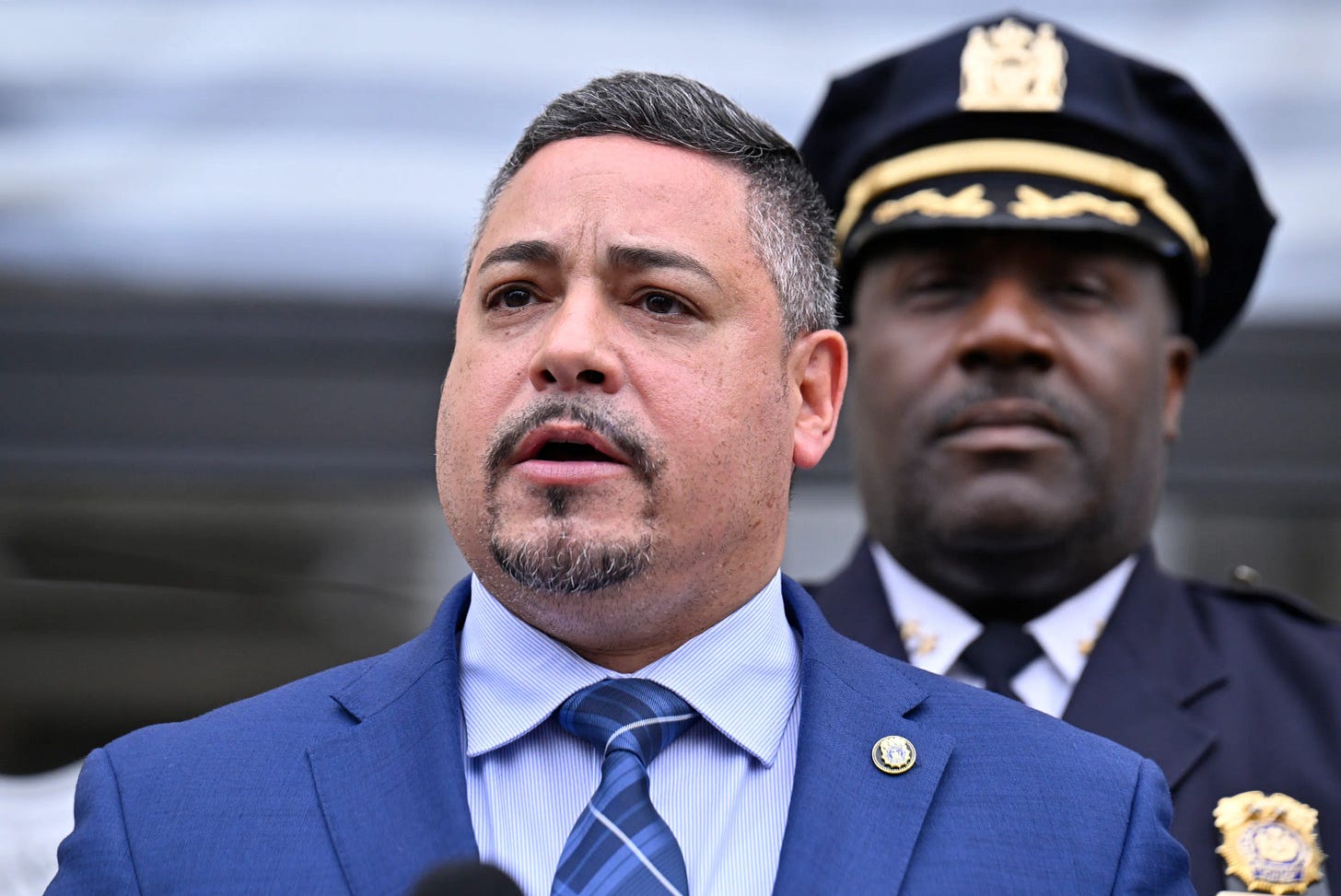NYPD Chief Jeffrey Maddrey Faces Unfounded Charges Over Voiding Ex-Cop's Arrest
Civilian Complaint Review Board Accused of Overreach in Internal NYPD Matter
By Frankie Pressman
Four-Star NYPD Chief of Department Jeffrey Maddrey is contesting charges that he abused his power by voiding the arrest of a former officer accused of brandishing a gun. The Chief’s attorney argues that the incident was an internal NYPD matter and should have been dismissed by the Civilian Complaint Review Board (CCRB) long ago.
Chief Maddrey, who has strong support from Mayor Eric Adams, was the NYPD's Chief of Community Affairs during the 2021 incident. His lawyer blames the incident on "prevaricating teenagers who lied" and an "inexperienced sergeant."
What Happened?
The charges against Maddrey date back to the night before Thanksgiving in 2021, when three kids, ages 12, 13, and 14, were playing with a basketball in Brownsville. The basketball hit a security camera outside a local real estate office. Forrester, a former cop, chased the kids, who claimed he drew a gun on them. Terrified, the children ran home and called the police.
Forrester admitted he was carrying a gun but denied drawing it. Sergeant Karl Hanisch decided there was reasonable suspicion to arrest Forrester. On the way to the 73rd Precinct, Forrester asked cops to inform Chief Maddrey about his arrest. According to Hanisch, the Chief showed up at the precinct and ordered the arrest to be voided.
A complaint was lodged. The CCRB believed Maddrey's conduct is within its purview.
"One of the guiding principles of the Civilian Complaint Review Board is that no individual, and especially no police officer, is above the law," a board spokesperson said. "We are confident that the Police Commissioner would agree that an officer’s rank should not immunize them from accountability for misconduct."
Former NYPD Commissioner Keechant Sewell, yielding to progressive political pressure, previously sided with the CCRB's findings and docked Maddrey 10 vacation days. Maddrey is contesting these charges through this disciplinary trial.
The Chief’s attorney called the kids who accused Forrester "prevaricating teenagers who lied" and described Maddrey's intervention as necessary.
"During the entirety of his involvement, Chief Maddrey had no interactions with any members of the public," the lawyer's memorandum submitted to the CCRB states. "Maddrey’s actions were decisions on an internal NYPD matter, resulting from an inexperienced Sergeant’s rash decision to arrest an innocent man."
Maddrey’s lawyer argues that this was a clear case of the CCRB overstepping its jurisdiction.
"Those lies were wholly believed by an inexperienced Sergeant, who did a sub-par investigation and rushed to arrest an innocent man, while an experienced supervisor like Maddrey saw right through the lies."
The CCRB defines "abuse of authority" as "misusing police powers," but Maddrey's lawyer argues that this definition does not apply to internal NYPD decisions.
Chief Maddrey’s lawyer argues that the CCRB's examples of abuse of authority are meant for street-level policing, not internal matters. "The CCRB’s chartered purpose is incongruent with the current prosecution of Chief Maddrey," the letter reads. "The enumerated examples of Abuse of Authority are clearly intended for street-level policing and not what transpired here.”
Support For Chief Maddrey
Local activists have praised Maddrey's community work. "He broke barriers in Brooklyn and then Citywide as Chief of Community Affairs," one community activist said, not wishing to be named because of “CCRB politics.”
"A select few are headhunting this Chief and this administration but never bothered the 'ZEROS' that made this City turn to garbage with the last administration. This is politics, plain and simple. There's no case,” said John Downey, a retired NYPD Sergeant.
Some see this case as significant for the CCRB's ability to investigate internal NYPD decisions.
"It'll shape how the CCRB is going to be able to do things in the future," said Nicole Napolitano, the oversight agency’s former policy director.
Others say Maddrey’s case should be dismissed as a limit to the CCRB's reach.
“A few days ago, the ‘How Many Stops Act’ came into effect. Unless Chief Maddrey’s case is dismissed, good cops will be further handcuffed by unfounded CCRB claims on top of the new administrative requirements, detracting from core police work,” an unidentified law enforcement source said.
Chief Maddrey’s trial is scheduled to begin on August 6. If found guilty, he could lose up to 20 vacation days. However, NYPD Commissioner Edward Caban will have the final say on the discipline, and commissioners have often ignored the CCRB's recommendations.


